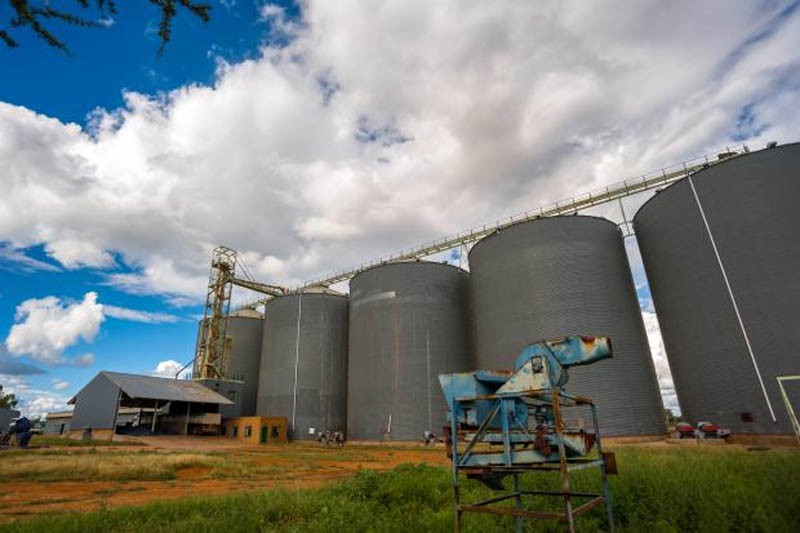BAMB ventures into farmers� training
Correspondent | Tuesday June 9, 2015 15:17


Speaking during the program launch, operations manager at the Botswana Agriculture Marketing Board (BAMB), Cornelius Mokgoko said that it is their responsibility to ensure that they find ways to ensure food security in Botswana.
“Our intensions is to provide Batswana with food and quality farming imputes and we saw it fit to search for partnership from different organizations in the private sector and we managed to sign contracts with big companies like ZAMSEED and SEEDCO,” he said.
Mokgoko also said that ZAMSEED provide them with seeds and their duty is to distribute the seeds to farmers all over the country.
“BAMB will also make sure that the seeds that ZAMSEED produce will benefit Batswana as they will train agricultural practitioners and also reach out there to farmers in areas and teach them the technical ways on how to manage the seeds to ensure good quality production. Demonstrations of the effectiveness of the seeds will be carried out in different areas throughout Botswana,” he said.
Presentations from ZAMSEED representatives were carried out to sharpen the skills of agricultural practitioners, so that they can also empower farmers in different regions.
They were also taught about new breeds of seeds that are genetically engineered to suite our unfavourable weather conditions in Botswana, with the hope of improving food production in our country.
Mokgoko said they had also received complaints from farmers concerning their market prices.
“We believe that our prices are too low for their produce, but the problem is that our farmers lack good farming and production skills and this lead to them making loss instead of profit, this workshop’s purpose is to address those issues,” he said.
He added that both institutions shared the belief that conservation agriculture is a sensible farming method which addresses critical issues like which plants are favourable to which conditions, as well as test for soil and help farmers escape drought.
Participating practitioners were also taught on the safe and effective use of chemicals such as fertilisers, herbicides and pesticides, to improve food production.
